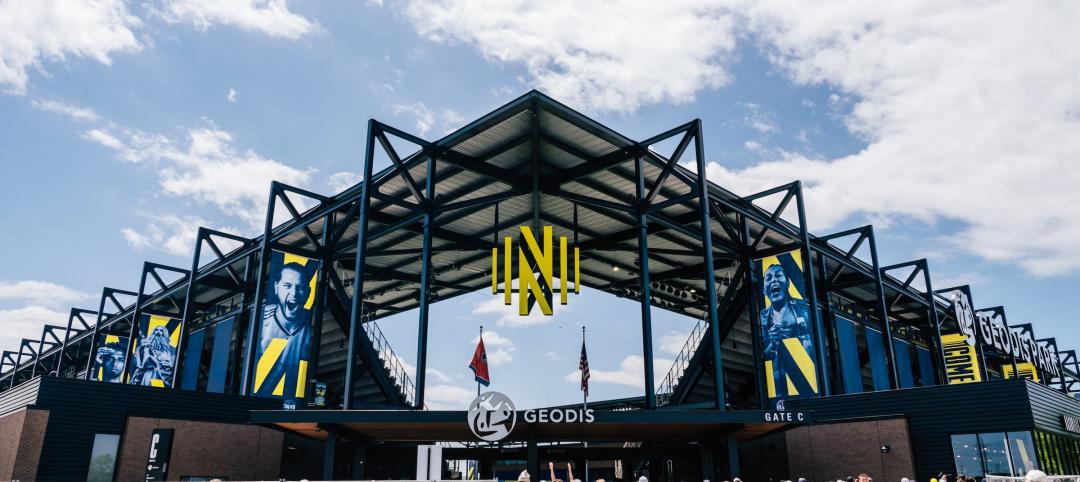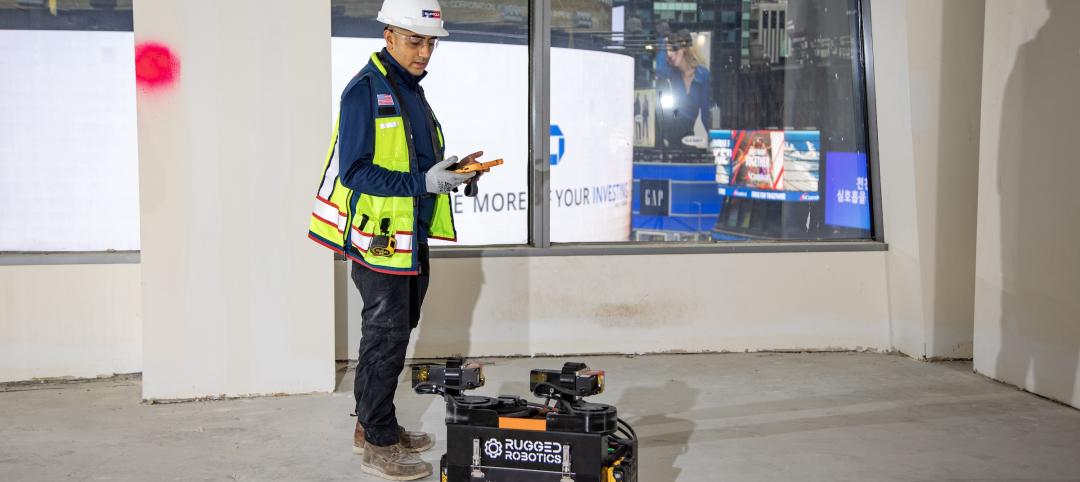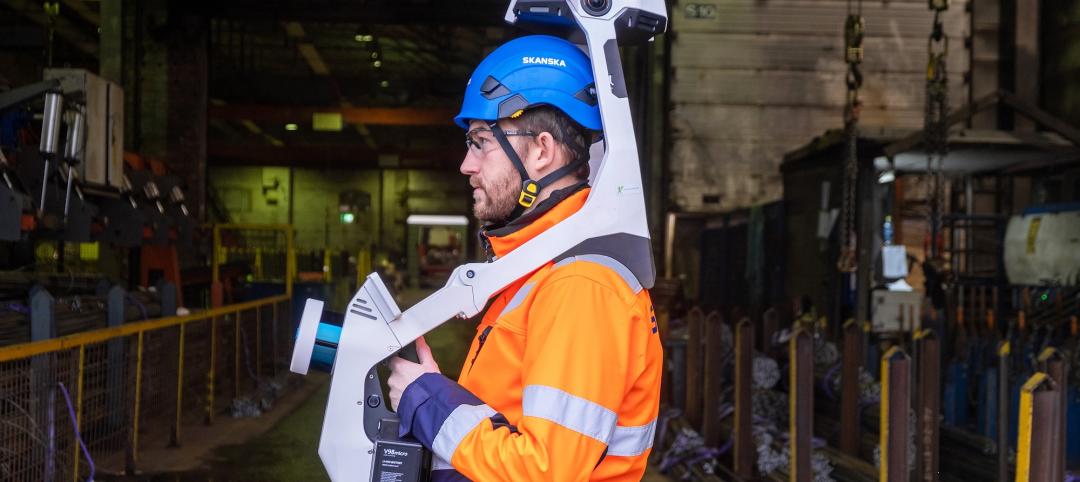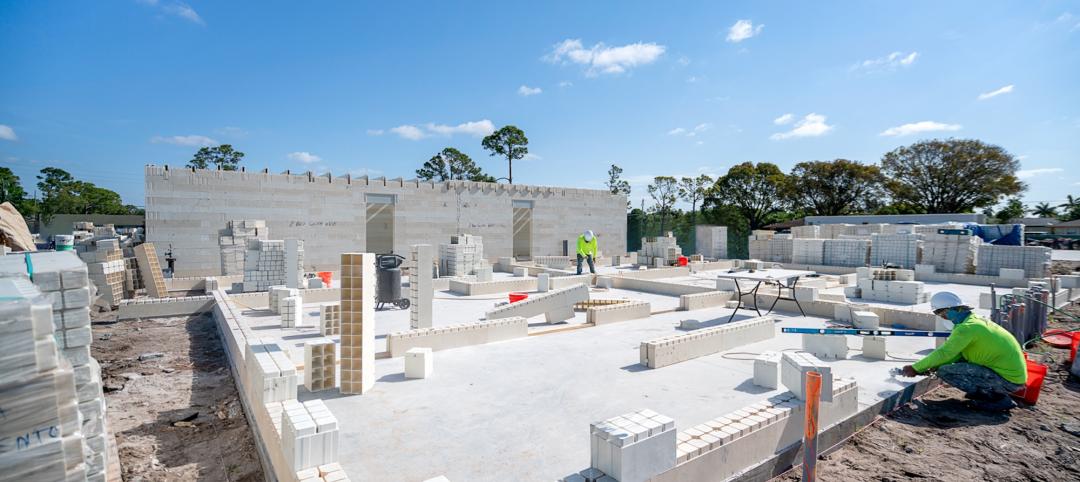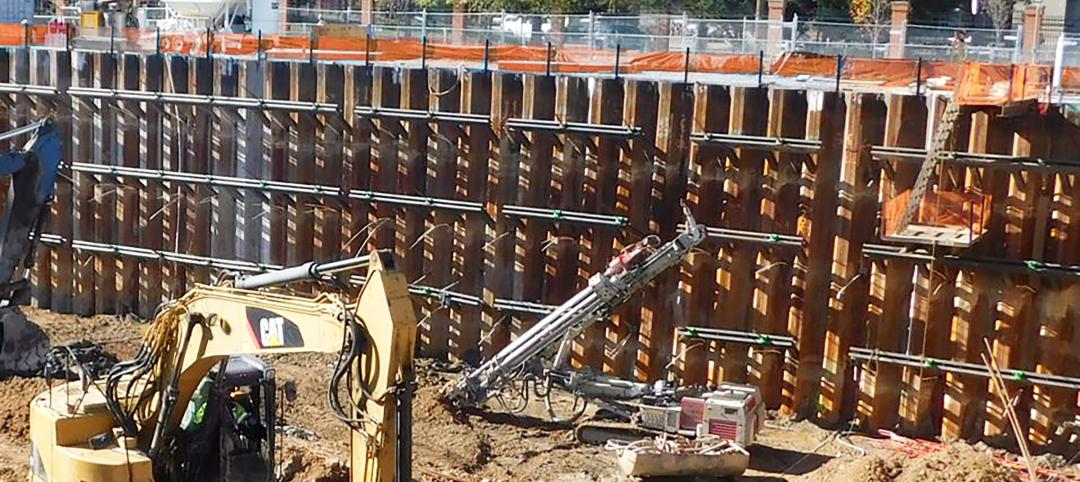As cities across the world ease Coronavirus lockdown restrictions, it is important to ensure that the elevators used by millions of people every day remain a comfortable, efficient and secure way of transportation. thyssenkrupp Elevator offers several options to create a clean and healthy car environment, aiming to reduce the risk of virus transmissions.
To ensure peace of mind for passengers, the company is focusing on three pillars: hygiene, social distancing and touchless technologies that prevent the spread of infection in elevators and escalators in public places. Many of those innovations will remain relevant even after the pandemic.
“The pandemic is definitely accelerating some interesting trends in the elevator industry. thyssenkrupp Elevator is well equipped for the current challenges. We have been exploring several technologies in recent years, such as smart spaces monitoring, remote operation, robots for sanitizing spaces and many more. Today, we have appropriate solutions to protect passengers during the pandemic. Moreover, we also provide innovative technologies for tomorrow that go beyond today’s urban mobility,” says Peter Walker, CEO of thyssenkrupp Elevator.
Hygienic or clean technologies range from handrail sanitization to thermal cameras that detect infected passengers. To clean the air in the cabins efficiently, thyssenkrupp Elevator uses air purification with special filters as well as UV-based solutions.
Touchless technologies include using a special kick-button where the passenger can call a cabin with a simple toe tap instead of touching a pad or button by hand. Experts foresee that touchless technologies will achieve a high adaption in many areas. Forward-thinking technologies like the kick button are solutions that are expected to remain viable in both the short- and long-term.
Social distancing is the third pillar of thyssenkrupp Elevator’s strategy to fight the pandemic. As such, thyssenkrupp Elevator has developed a special Social Distancing Service, which includes traffic monitoring for elevator systems. This service helps tenants stay safe by limiting elevator passengers per cabin so physical distance can be maintained. With the Social Distancing Service, thyssenkrupp Elevator assesses the elevator traffic to help balance building congestion risks with social distancing needs. Based on the needs, the company changes the dispatching software to limit the number of passengers assigned to each elevator car. Using data captured by the predictive maintenance IoT solution MAX, thyssenkrupp Elevator also provides data and information about traffic changes, so passenger wait times and social distancing needs can be balanced.
Related Stories
BIM and Information Technology | Mar 11, 2024
BIM at LOD400: Why Level of Development 400 matters for design and virtual construction
As construction projects grow more complex, producing a building information model at Level of Development 400 (LOD400) can accelerate schedules, increase savings, and reduce risk, writes Stephen E. Blumenbaum, PE, SE, Walter P Moore's Director of Construction Engineering.
AEC Innovators | Feb 28, 2024
How Suffolk Construction identifies ConTech and PropTech startups for investment, adoption
Contractor giant Suffolk Construction has invested in 27 ConTech and PropTech companies since 2019 through its Suffolk Technologies venture capital firm. Parker Mundt, Suffolk Technologies’ Vice President–Platforms, recently spoke with Building Design+Construction about his company’s investment strategy.
MFPRO+ Special Reports | Feb 22, 2024
Crystal Lagoons: A deep dive into real estate's most extreme guest amenity
These year-round, manmade, crystal clear blue lagoons offer a groundbreaking technology with immense potential to redefine the concept of water amenities. However, navigating regulatory challenges and ensuring long-term sustainability are crucial to success with Crystal Lagoons.
AEC Tech | Feb 20, 2024
AI for construction: What kind of tool can artificial intelligence become for AEC teams?
Avoiding the hype and gathering good data are half the battle toward making artificial intelligence tools useful for performing design, operational, and jobsite tasks.
Building Tech | Feb 20, 2024
Construction method featuring LEGO-like bricks wins global innovation award
A new construction method featuring LEGO-like bricks made from a renewable composite material took first place for building innovations at the 2024 JEC Composites Innovation Awards in Paris, France.
Modular Building | Jan 19, 2024
Building with shipping containers not as eco-friendly as it seems
With millions of shipping containers lying empty at ports around the world, it may seem like repurposing them to construct buildings would be a clear environmental winner. The reality of building with shipping containers is complicated, though, and in many cases isn’t a net-positive for the environment, critics charge, according to a report by NPR's Chloe Veltman.
Sponsored | BD+C University Course | Jan 17, 2024
Waterproofing deep foundations for new construction
This continuing education course, by Walter P Moore's Amos Chan, P.E., BECxP, CxA+BE, covers design considerations for below-grade waterproofing for new construction, the types of below-grade systems available, and specific concerns associated with waterproofing deep foundations.
Sustainability | Nov 1, 2023
Researchers create building air leakage detection system using a camera in real time
Researchers at the U.S. Department of Energy’s Oak Ridge National Laboratory have developed a system that uses a camera to detect air leakage from buildings in real time.
Engineers | Oct 12, 2023
Building science: Considering steel sheet piles for semi-permanent or permanent subsurface water control for below-grade building spaces
For projects that do not include moisture-sensitive below-grade spaces, project teams sometimes rely on sheet piles alone for reduction of subsurface water. Experts from Simpson Gumpertz & Heger explore this sheet pile “water management wall” approach.
Metals | Sep 11, 2023
Best practices guide for air leakage testing for metal building systems released
The Metal Building Manufacturers Association (MBMA) released a new guidebook, Metal Building Systems - Best Practices to Comply with Whole-Building Air Leakage Testing Requirements.



